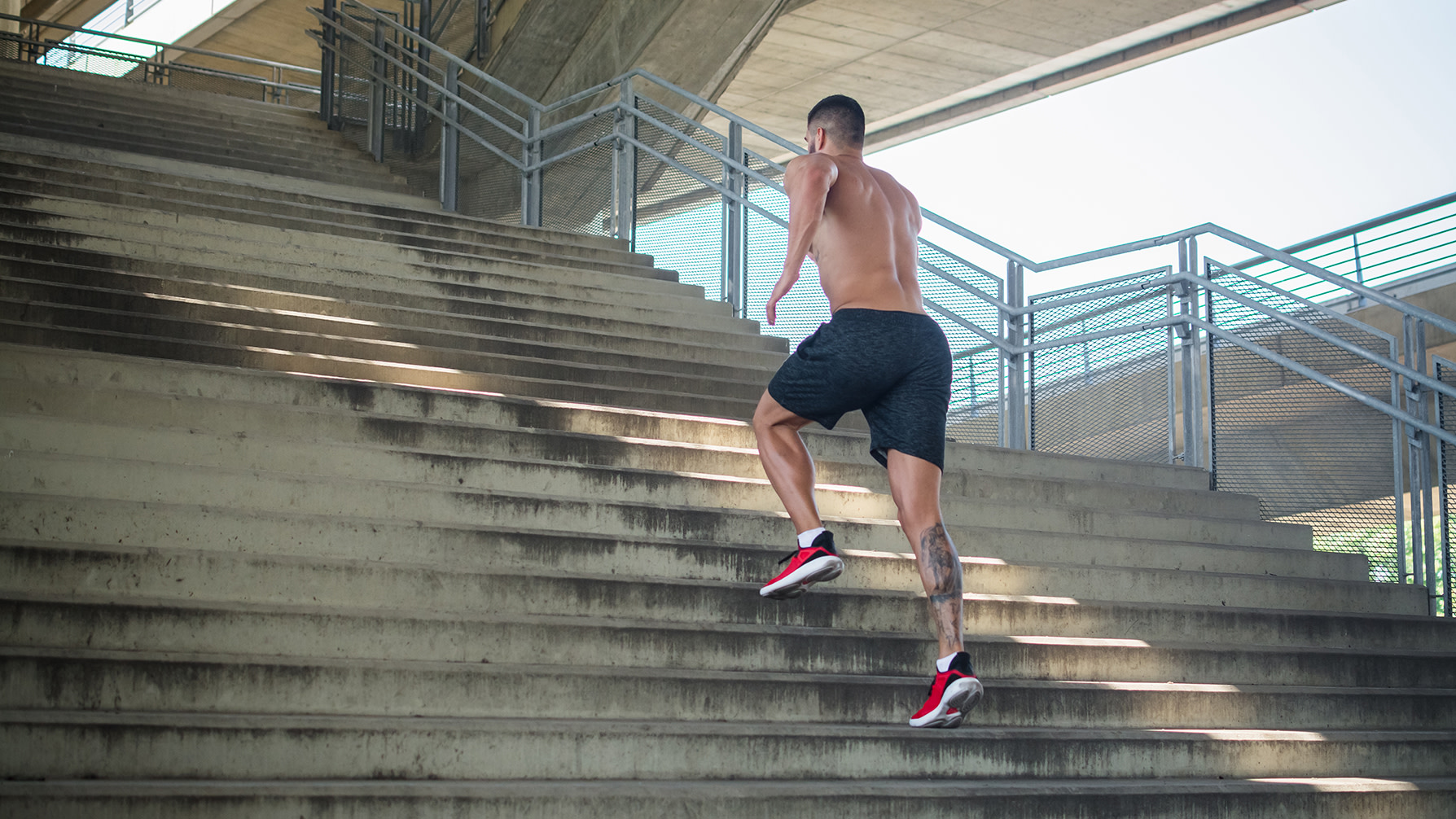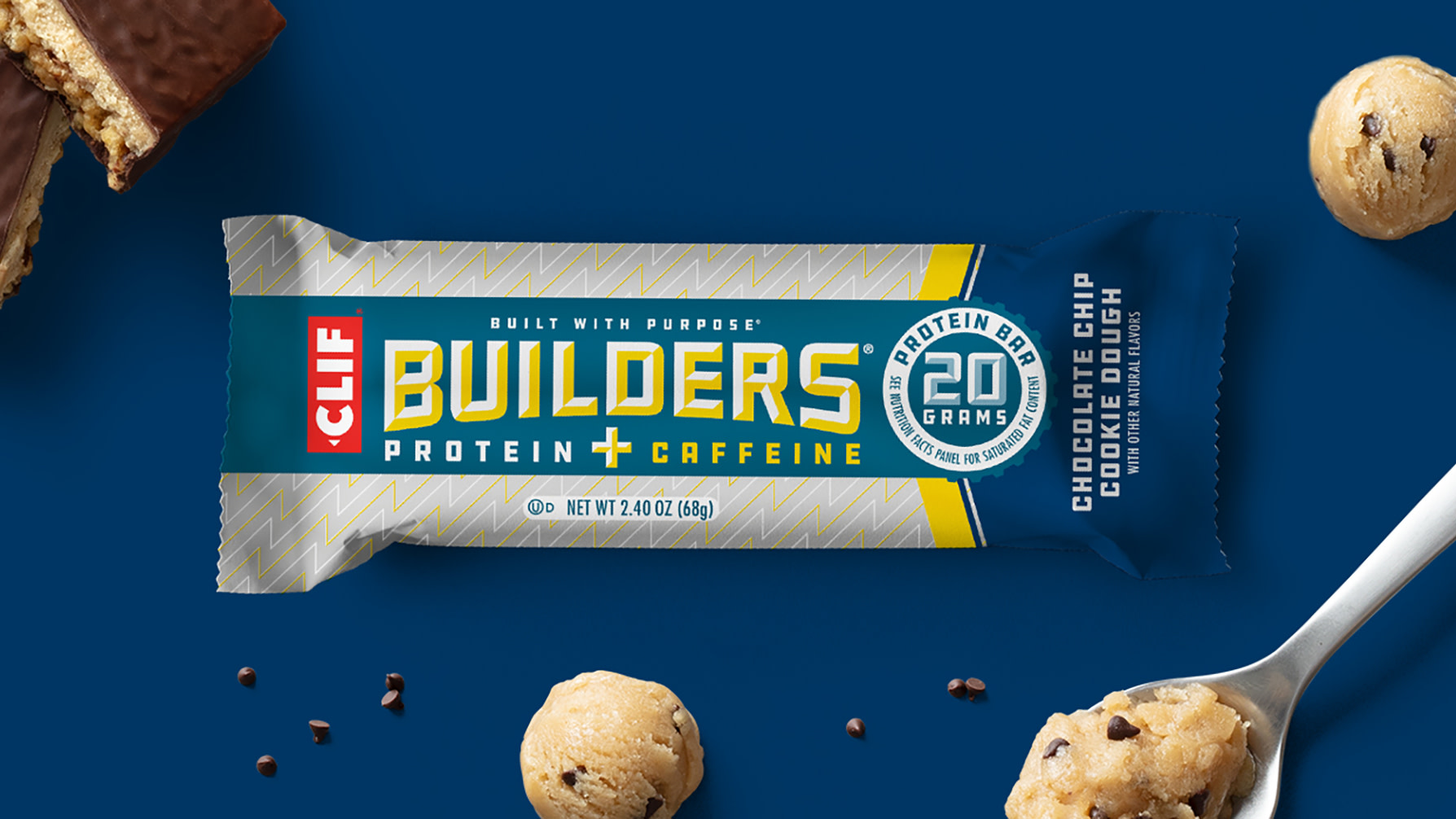The ideas and suggestions written below are provided for general educational purposes only and should not be construed as medical advice or care. Always seek the advice of a physician or other qualified health provider before beginning any physical fitness or health- and nutrition-related activity.
Athletes know the importance of nutrition and properly fueling throughout the day. The window of time surrounding a workout is especially important to ensure the body has the energy and nutrients it needs to perform and recover. Additionally, what nutrients are consumed and when affects our ability to train and recover. Thus, understanding how to best eat before and after exercise can help ensure you get the most out of your workout.
Protein is not just for consumption after a workout — consuming pre-workout protein can prime the body to build muscle effectively following a workout. During a workout, muscle contractions cause a breakdown of muscle. If adequate amino acids (from protein) are present, your body can start rebuilding as soon as you finish your workout. Also, consuming protein before a workout can reduce the muscle damage that occurs during exercise.1,2 The current research suggests that ingestion of ~20-40g of protein maximally stimulates muscle protein synthesis surrounding exercise.1,2 Outside of the workout window, ingesting 20-40g of protein every 3-4 hours is associated with improved body composition and fitness adaptations.2 Thus, pre-workout protein ingestion can decrease muscle breakdown and promote recovery, suggesting the window before exercise is an ideal time to ingest protein.1,2

Another well-known potential performance enhancer is caffeine, a potent ergonomic aid for some people when taken before or during activity.1 Consuming 3-6mg/kg of caffeine before a workout improves endurance performance and has been suggested to improve velocity and power in resistance exercise.1,3,4 These benefits of caffeine are most effective when consumed less than 60 minutes before exercise.4 Further, adding caffeine has the potential to aid in the restoration of glycogen after a workout.1
Combining caffeine and protein pre-workout can enhance muscular adaptations and improve recovery and performance.4,5 CLIF® Builders® Protein + Caffeine is a great option to consume pre-workout because it’s formulated to give you the energy you need, plus a boost of caffeine to prime the body for activity. Consuming protein before a workout can help promote muscle protein synthesis after your workout.
5 reasons to have CLIF Builders Protein + Caffeine BEFORE your workout:
1. Builders bars are ready to go with you anywhere. Throw a bar in your gym bag or in your car for easy fueling on the go. There’s no prep and they taste delicious.
2. Ingesting 20g of protein pre-workout can help reduce the muscle damage that occurs during exercise.1,2 This means less muscle breakdown and fatigue, and less recovery time post-exercise.1,2 Builders contains 20g of complete plant protein to help maximize the gains from your workout. *
*See product nutrition for saturated fat content.

3. Builders Protein + Caffeine contains 65mg of caffeine, equivalent to one shot of espresso.** Pre-workout caffeine energizes your body and may improve performance outcomes in both endurance and resistance training.3
**Caffeine can range between 60–70mg. Not recommended for pregnant or nursing women, children under 18 years old, or people sensitive to caffeine. USDA reference database for 1 fl. oz. of espresso is 63mg caffeine.
4. Starting off your workout properly fueled is important. Consuming a Builders bar pre-workout will top off your energy stores and ensure you have carbohydrates available to complete your workout.
5. Recovery starts immediately post-exercise. If protein (amino acids) are available, the body will use them to build up muscle to recover and repair post-workout. Having protein before you start your workout ensures the muscles have the building blocks to rebuild as soon as you finish your last rep.
References
Kerksick CM, Arent S, Schoenfeld BJ, et al. International society of sports nutrition position stand: nutrient timing. J Int Soc Sports Nutr. 2017;14:33. Published 2017 Aug 29. doi:10.1186/s12970-017-0189-4
Jäger R, Kerksick CM, Campbell BI, et al. International Society of Sports Nutrition Position Stand: protein and exercise. J Int Soc Sports Nutr. 2017;14:20. Published 2017 Jun 20. doi:10.1186/s12970-017-0177-8
Guest NS, VanDusseldorp TA, Nelson MT, et al. International society of sports nutrition position stand: caffeine and exercise performance. J Int Soc Sports Nutr. 2021;18(1):1. Published 2021 Jan 2. doi:10.1186/s12970-020-00383-4
Ryan EJ, Kim CH, Fickes EJ, et al. Caffeine gum and cycling performance: a timing study. J Strength Cond Res. 2013;27(1):259-264. doi:10.1519/JSC.0b013e3182541d03
Schoenfeld BJ, Aragon A, Wilborn C, Urbina SL, Hayward SE, Krieger J. Pre- versus post-exercise protein intake has similar effects on muscular adaptations [published correction appears in PeerJ. 2017 Aug 1;5:]. PeerJ. 2017;5:e2825. Published 2017 Jan 3. doi:10.7717/peerj.2825




















